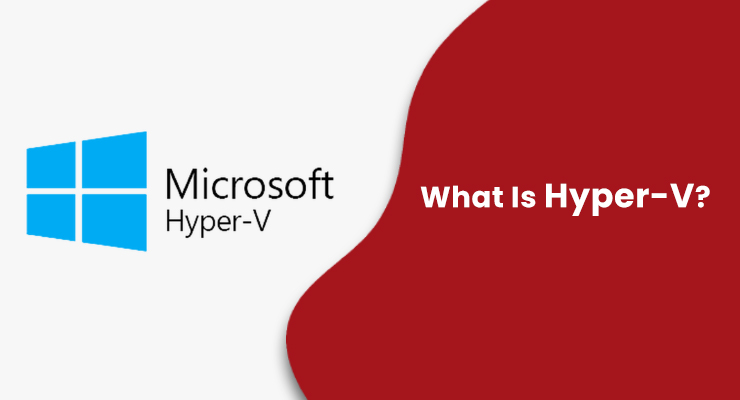Microsoft Hyper-V is designed to offer “enterprise-class virtualization” for organizations with a data center or hybrid cloud. This option is a common choice for organizations who want to virtualize workloads, build a private cloud, scale services through a public cloud, or combine all three.
Hyper-V is built into Windows Server or can be installed as a standalone server, known as Hyper-V Server, both of which can ease the learning curve for virtualization administrators who already have knowledge and background with Microsoft products. It offers a unified set of integrated management tools, regardless of whether organizations are striving to migrate to physical servers, a private cloud, a public cloud, or a “hybrid” mixture of these three options.
Hyper-V Pros
Can deploy new virtual servers in minutes
Maintenance does not result in downtime
Simple live migrations
Easy backups
Comprehensive security through Windows Active Directory
Lower priced
Hyper-V Cons
Hyper-V (2012R2) supports a limited number of guest OS choices
Requires Windows OS upgrades during product lifetime
What Is VMware vSphere?
VMware vSphere is a popular choice for organizations hoping to achieve some degree of virtualization. Now on version 6.0, vSphere is highly configurable, which can make it an attractive choice for companies that are either going fully virtual or opting for a hybrid approach.
There are several different flavors of vSphere available, depending on organizational needs. vSphere Standard, Enterprise Plus, and Operations Management Enterprise Plus offer varying features and degrees of fault tolerance, allowing organizations to select the best coverage for their needs and growth goals.
vSphere Pros
Intuitive use
High-quality support availability
May be an optimal fit for major enterprises
Broad OS support
Offers access to governance capabilities
Transparent page sharing
Offers higher guests per host (512 vs. 384)
vSphere Cons
Free and trial versions do not offer full functionality
Reported steep learning curve
The Bottom Line
Success in virtualization requires a strong knowledge of your business requirements, clear goals, and a professional that facilitates ease of use. The popularity of both vSphere and Hyper-V speaks to the products’ quality and broad user bases.
It can be natural to feel overwhelmed about selecting a hypervisor, which can be a decision that has an impact on your overall virtualization experience. Pulse Tech has extensive experience helping organizations of all sizes and experience levels achieve their virtualization goals. To speak with a virtualization expert today, click here.


